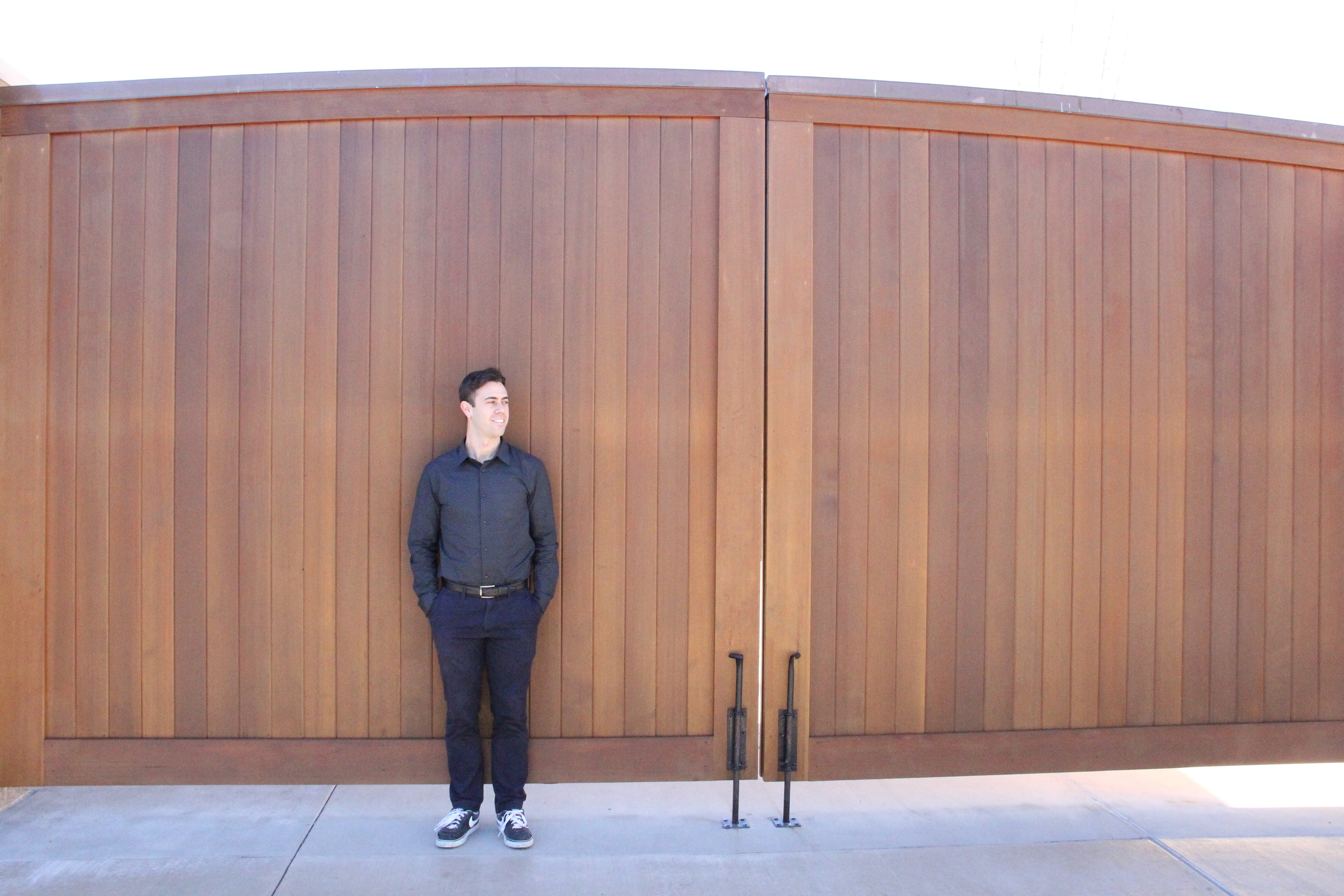
The law of supply and demand is a timeless economic concept that applies to how products/services are priced in the marketplace, and this law is non more prevalent than on the Las Vegas strip. While staying in Las Vegas you will quickly find that a Subway five dollar foot long costs $9.50, beverages are double - or even triple - the price you pay at your local watering hole, and yes, even money is marked up as much as 25%.
How can money - which I will define here as cash on hand - cost more on the Las Vegas strip, you ask? Well, it's a matter of scarcity, supply, and demand.
Scarcity: First off, no one with a cash register allows for cash back. I mean no one. Not the concierge at your hotel, not the clerk at the gift shop, and not the employee at the food court. No one. In addition to the inability to get cash back, there also aren't any banks on the strip. The only way for someone to get cash is to either bring it from home, inconvenience themselves by going off-strip in search of a bank, or get cash from a casino's conveniently placed ATM machines, which I will get into later.
The point is that the industry leaders of Las Vegas not only want you to spend your money, they want cash to be hard to come by. This causes cash on hand to be a scarce resource, and one that's greatly needed on the Las Vegas strip. This scarcity of a precious resource becomes the main driver of supply and demand.
Supply: Their is a huge supply of cash in Vegas, just ask the card dealers who took my money at the black jack tables. But while the supply is high, the owners of that supply - namely the casinos - regulate the flow of cash, keeping the supply to the general public low. Furthermore, the casinos have it set up so the only "suppliers" of cash are the various ATM machines littered throughout the Las Vegas strip. So not only is cash scarce and the supply of cash regulated, you can only get cash from suppliers predetermined by the casinos.
The combination of scarcity and regulated supply drives demand for cash in Las Vegas through the roof.
Demand: The demand for cash in Las Vegas is always high. I mean really high. Many things - especially gambling - require cash only. The industry leaders in Las Vegas have driven up that demand by making it important to carry cash on you at all times; you need it to enjoy many of the things Las Vegas has to offer. They have created an increased demand for cash by making it the most important form of payment. Add the fact that cash is a scarce resource and that the supply of cash is regulated, and you begin to see a demand frenzy unparalleled in other markets.
I essence, the casinos on the Las Vegas strip have created a monopoly on physical cash.
And when a business owner - whether it's a small business or a multi-billion dollar casino - has a scarce resource with regulated supply and high demand, they have the ability to charge a premium for it. Take the idea of cash for example. Due to these three factors, the Las Vegas casinos are able to charge a fee of $5.99 for every ATM transaction. Let me repeat that: $5.99 for every ATM transaction! And guess what? People pay that premium to withdraw cash they already own...Willingly.
It may sound crazy to pay a fee of $5.99 to withdraw money you already have, especially when people are withdrawing as little as twenty dollars. That's over a 25% premium for the ability to access your own cash. When cash is scarce and the supply of cash regulated, however, it drives a normally high demand into the stratosphere. And we all intuitively know that when the demand for a product, service, or resource greatly outweighs the supply, it gives the owner of that product, service, or resource the ability to charge a higher price for it.
So what does this mean for all of us? Well, if consumers are willing to pay a 25% premium for cash they already own due to scarcity and supply driving up demand, just think about how this strategy can positively affect your business. Take a product or service that already has a small demand and add in some scarcity and regulated supply and you may just drive demand through the roof.
I mean, people always want what they can't have, even when it's money they already own.
Takeaways